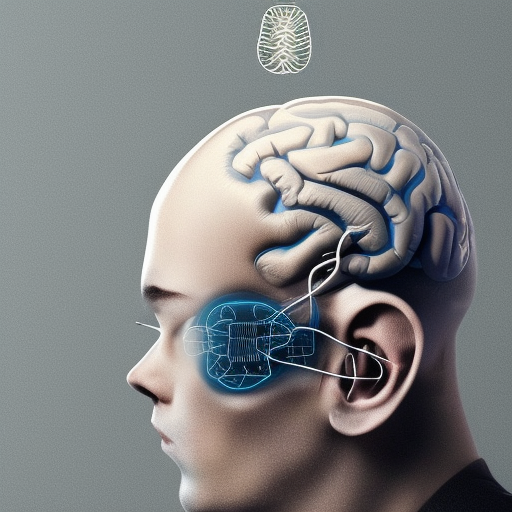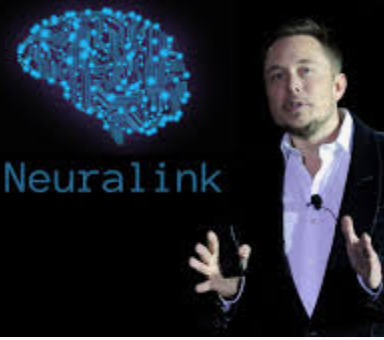
Resolves to YES if Neuralink implants a chip into a human brain before Jan 1, 2024. I will rely on official statements or demos, or highly credible media reports. It is NOT necessary that the patient survives, or that the device even functions properly. The resolution is based solely on whether the device is implanted and connected to any living human brain.
In the case that this is ambiguous, such as rumors that the project is underway, but without publicly accessible proof, I will use my judgement to resolve. I will not bet.
Dec 1, 10:04am: Will Neuralink implant a chip in a human brain by the end of 2023? → Will a Neuralink device be implanted in a human brain by the end of 2023?
🏅 Top traders
| # | Trader | Total profit |
|---|---|---|
| 1 | Ṁ2,349 | |
| 2 | Ṁ1,697 | |
| 3 | Ṁ933 | |
| 4 | Ṁ890 | |
| 5 | Ṁ834 |
People are also trading
https://www.youtube.com/watch?v=a5RT1oCUxDg
"we're getting ready to do the first [human] implants in hopefully a few months"
It's over.
No, a Neuralink device will not be implanted in a human brain by the end of 2023. First of all, there are only two months left in the year. Moreover, the company has said that it is still in the early stages of development and that safety is its top priority. Besides this, the Neuralink has not been approved by the FDA, meaning that there is no approval for human clinical trials. Although Elon Musk has been pushing for the FDA approval, “the FDA in recent years has faced pressure from Congress to accelerate reviews but also criticism over controversial approvals, such as its 2021 authorization of an Alzheimer’s treatment without conclusive proof of efficacy.” Breaking its own protocol.
@SophiaRoa they received FDA approval for the first clinical human trial back in May 2023
https://x.com/neuralink/status/1661857379460468736?s=20
And they've been recruiting for patients with ALS or quadriplegia through an open application portal for a while now
I agree it's a stretch by EOY (I'm taking a risk on my bet for sure) but the above isn't entirely accurate as I understand their status
And ALS in my experience is a fast moving disease so I hope they're in a position to act relatively quickly on accepting an application from someone with ALS
With safety as paramount priority, obviously
@SophiaRoa it has been approved by the FDA. The human clinical trial is already started, in the recruitment stage, and all necessary permissions are cleared.
@flexadecimal what do you mean. I thought the entrance criterion was just quadriplegia. I think most quadriplegics will have already had their quadriplegia confirmed.
@makoyass There is extensive screening beyond meeting the study’s main requirement. Psych evals, imaging, bloodwork, etc. It’s standard practice for clinical trials and often takes months
Well, statistically speaking out of 100 people there will always be that selected few individuals who would always try something as crazy as getting a neurallink implanted in their body, especially considering recent developments and reports, I would say it's possible that Neuralink could begin implanting a brain chip in a 'SINGLE' human by the end of 2023. It seems like the company has been working hard to get regulatory approval and gather data on the safety and efficacy of the device. If all goes well with the clinical trial and the device performs as expected, I would say it's within the realm of possibility that Neuralink could start implanting the device in humans later this year.
I do not believe that NeuraLink will have its first human trials by the end of 2023 as the only current source of information from NeuraLink and other research websites (clinicaltrials.gov) is NeuraLink's brochure for the PRIME study. Furthermore, the criteria listed in the brochure has relatively high constraints considering the participant must be paraplegic and cannot have done any treatment that would interfere with a brain implant (MRI studies, cardiogram, etc.). Given that they were only given the pass for human trials this past May, I find it difficult to conclude that they would find a willing participant, that matches all the criteria, and have done the surgery that is worth reporting.
@Mirek Nothing at clinicaltrials.gov. And no follow up mention of the partner that will conduct the trials (https://www.barrowneuro.org/ was mentioned in a few articles about a search for a partner months ago but I could find no further updates and there is nothing on their website I could find).
As far as timing for what I can tell (using GPT to find relevant legal documents):
https://www.ecfr.gov/current/title-42/section-11.24
They have 21 days after the first subject is enrolled.
And I believe it meets the requirements since it is 'interventional' and more than a feasability study:
Delete


/cdn.vox-cdn.com/uploads/chorus_asset/file/24935258/Neuralink_N1.jpg)
